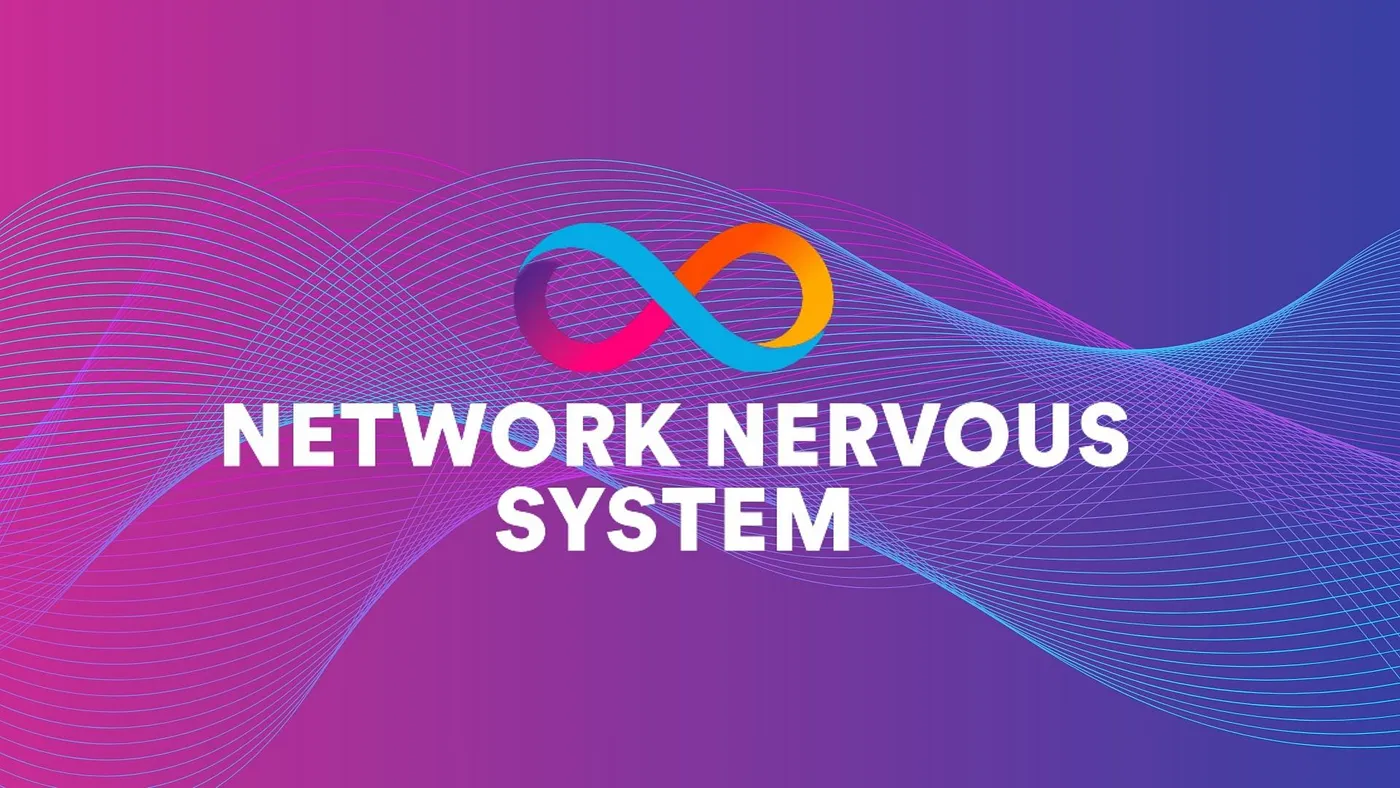
Get Ahead in ICP: Master the NNS Dapp
The Network Nervous System (NNS) Dapp is the primary platform for engaging with ICP, centralising key functionalities that empower ICP token holders to actively participate in governance, manage tokens, and oversee smart contracts. Acting as the “brain” of the Internet Computer network, the NNS Dapp simplifies complex processes into an accessible user experience. Let’s explore its main features and recent advancements, all of which strengthen its role in the ICP ecosystem.
Understanding the NNS Dapp’s Purpose in Internet Computer Governance
As a multifunctional tool, the NNS Dapp facilitates direct interaction with the Internet Computer’s governance system, the Network Nervous System. This interface allows ICP holders not only to vote on crucial proposals but also to earn rewards through staking and control canister smart contracts. Its main purpose is to connect users directly to ICP’s decision-making processes while centralizing the tools needed for effective token management and governance participation, making it an essential utility for those involved in the protocol’s growth.
Besides governance, the NNS Dapp functions as a secure wallet for ICP token management, creating a streamlined experience from the moment users log in with their Internet Identity.
To begin with, a primary account is set up for ICP tokens, with options to create additional accounts that can be linked or secured with hardware wallets, enhancing user security. This setup allows users not only to organize and manage their ICP holdings but also to easily view transaction histories, send, and receive ICP tokens. Through these wallet functionalities, the NNS Dapp integrates convenience and security for managing tokens directly on the platform.
Staking Neurons for Governance Participation
At the heart of ICP governance is the NNS Dapp’s staking feature, which enables users to create voting “neurons” by staking a minimum of 1 ICP. Voting power is influenced by factors like stake amount, dissolve delay (or locked period), and neuron age, giving users who commit to longer dissolve delays greater influence within the governance process. As neurons mature, they accumulate maturity, which users can either convert into additional ICP tokens or use to spawn new neurons, reinforcing a cycle of active participation. By staking neurons, users are able to gain a stake in the network’s future direction while earning rewards for their engagement.

Proposal Voting and Delegated Governance
The NNS Dapp offers a versatile voting system that lets ICP holders participate in shaping the Internet Computer by casting votes on proposals, which can include anything from protocol updates to the onboarding of new node providers. For users looking for a more hands-on approach, the Dapp supports direct manual voting, where each proposal can be reviewed and voted on individually. Alternatively, you can opt to follow other neurons, automatically mirroring their voting choices on specific proposal types, allowing for greater ease of participation without compromising on governance involvement. This dual voting structure enables both flexibility and accessibility, appealing to those who prefer either hands-on or more automated approaches to governance.
Managing Canisters and Cycles
The NNS Dapp plays a crucial role in supporting the Internet Computer’s smart contract ecosystem by enabling canister management, where users can create, monitor, and manage canister smart contracts. As the core units powering applications on the Internet Computer, these canisters rely on cycles for operational resources, which users can top up through the NNS Dapp.
This management feature ensures that developers and users alike have a centralized hub for maintaining their canister operations. In this way, the Dapp not only supports governance but also provides critical tools for the Internet Computer’s smart contract infrastructure, reinforcing its position as a comprehensive resource for application developers.
Introducing Custom Token Support for Enhanced Interoperability
In a recent update, the NNS Dapp has expanded beyond ICP tokens to offer custom token support, broadening its utility and making it more versatile for the Internet Computer’s growing ecosystem.
This new functionality allows users to manage multiple token types, with SNS-1 tokens now included alongside ICP, and plans to incorporate additional tokens in the future. By supporting multiple tokens, the Dapp promotes interoperability within the ecosystem, enabling users to manage diverse assets while participating in a more flexible and varied token economy.
This evolution marks a significant step forward in accommodating a broader range of governance models and token interactions.
In conclusion…
With its continually evolving features, the NNS Dapp solidifies itself as an indispensable interface for users engaged with the Internet Computer. By integrating straightforward token management, flexible governance participation, and enhanced custom token support, it gives users the tools to actively shape the direction of this decentralized blockchain.
As the Internet Computer ecosystem expands, the NNS Dapp will remain central to the network’s development, ensuring that ICP holders have a reliable platform to influence its future.
If you want to know more about the NNS Dapp check out the “NNS Explained” on the DFINITY Youtbe channel.
Follow our latest updates on Medium and join the conversation on social media to stay ahead of the curve in the world of ICP.

